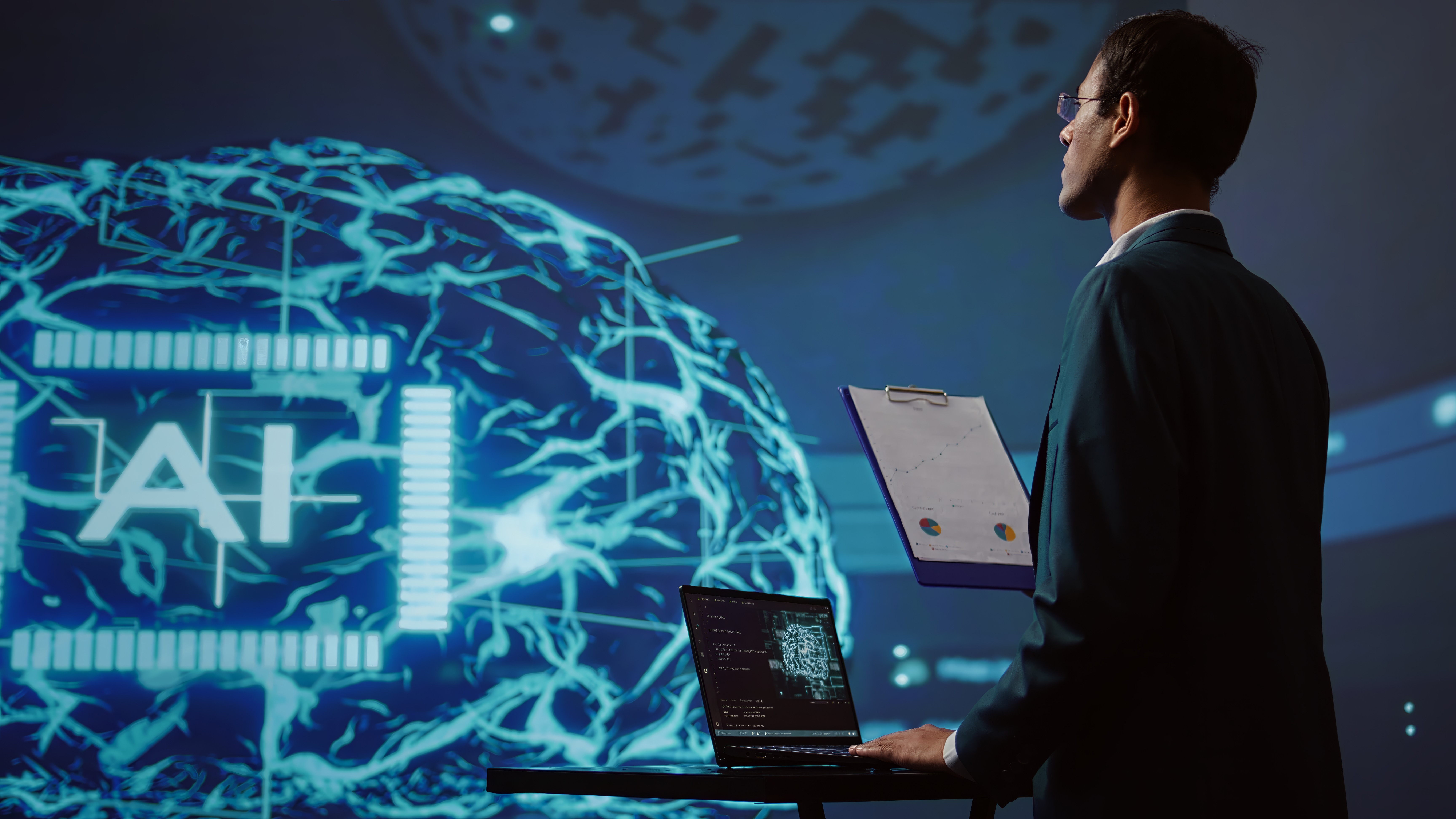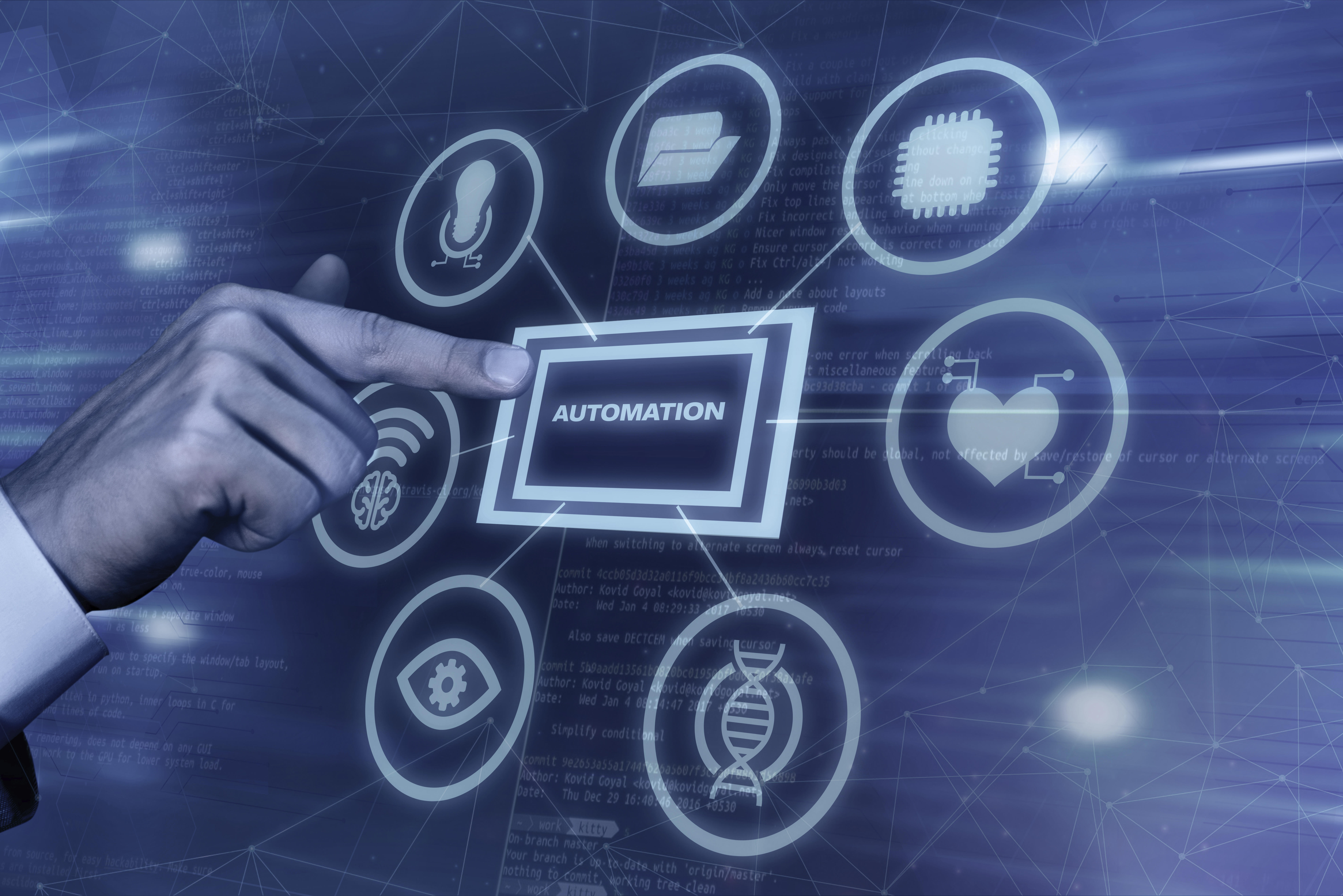Artificial Intelligence Interview Questions and Answers: A Guide for Developers
What is an Artificial Intelligence Interview?
An artificial intelligence interview is a specialized hiring process used to evaluate a candidate’s understanding and ability to work with AI technologies. These interviews are common for roles involving machine learning, data analysis, deep learning, and related fields. Unlike general programming interviews, AI interviews often combine technical coding challenges with questions on algorithms, data science, and model evaluation. The goal is to assess not only your programming skills but also your grasp of AI concepts, your approach to solving data-driven problems, and your experience with real-world AI tools and projects.
Preparing for an artificial intelligence interview requires a solid foundation in both theory and practical implementation. Interviewers may test your knowledge of topics like supervised learning, neural networks, or feature engineering, alongside your ability to code solutions using tools such as Python, TensorFlow, or PyTorch. Beyond technical questions, you may also be asked to explain the reasoning behind model choices, evaluate results using metrics like precision or recall, and discuss trade-offs in performance. These interviews aim to identify candidates who can think critically, adapt to evolving data challenges, and contribute meaningfully to AI projects in real-world environments.
Understanding the Purpose of an AI Interview
An artificial intelligence interview is a structured evaluation process used by companies to assess a candidate’s knowledge, skills, and problem-solving ability in the field of AI. These interviews are designed to test both theoretical understanding and practical application of AI concepts, including machine learning, data analysis, neural networks, and algorithm design. Whether you’re applying for a role in research, engineering, or data science, the interview aims to identify your depth of knowledge and hands-on experience with AI systems.
Why AI Interviews are Different from Regular Tech Interviews?
While general tech interviews may focus heavily on software development, system design, or web technologies, AI interviews go further by incorporating mathematics, statistics, and data-driven thinking. You may be expected to demonstrate understanding of model evaluation, optimization techniques, or explain complex topics like gradient descent and overfitting. In many cases, interviewers look for candidates who not only write clean code but can also build, test, and explain machine learning models.
How Should you Prepare for an Artificial Intelligence Interview?
Preparing for requires more than just knowing how to code—it involves a mix of technical knowledge, analytical thinking, and clear communication. Whether you're applying for a role in machine learning, data science, or AI engineering, a well-structured preparation strategy can significantly improve your chances of success. By understanding the job requirements and reviewing essential AI and machine learning concepts, you can enter the interview with confidence and demonstrate your ability to solve real-world problems using intelligent systems.
Understand the Job Description
Before diving into technical preparation, take time to carefully read the job description. Look for specific responsibilities, tools, and required skills. Some roles focus on building machine learning models, while others involve research, data analysis, or production deployment. Make note of key technologies mentioned, such as Python, TensorFlow, or Scikit-learn, and align your preparation accordingly. Understanding the expectations of the role will help you tailor your study plan and present your experience in a more relevant way during the interview.
Brush Up on Core AI and ML Concepts
Once you understand the role, start reviewing essential AI and machine learning topics. Focus on areas like supervised and unsupervised learning, neural networks, decision trees, and model evaluation techniques. It’s important to not only memorize definitions but also understand when and why to use certain methods. For example, knowing how to handle imbalanced datasets or how to prevent overfitting could be crucial in problem-solving scenarios. You should also revisit key mathematical foundations such as linear algebra, probability, statistics, and optimization, as they often appear in technical discussions. Practicing with real-world datasets using tools like Jupyter Notebooks can strengthen your practical knowledge and improve your ability to explain your thought process clearly.
What are the Most Common Artificial Intelligence Interview Questions?
Understanding what types of questions to expect is one of the most important steps in preparing for an AI interview. While every company may have its own style, most focus on a mix of theoretical knowledge and practical application. Interviewers want to see how well you understand AI concepts like machine learning models, algorithms, and data pre-processing, as well as how you solve problems using real-world tools and techniques. Familiarity with common question types can help you practice more effectively and build the confidence needed to perform well.
Key Topics you Should Expect
When preparing for an AI interview, it’s helpful to understand the key topics that regularly appear. Most interviews begin with questions related to core concepts such as algorithms, data structures, and statistical methods. You might be asked to explain how a decision tree works, describe a support vector machine, or discuss gradient descent optimization. Neural networks are another major focus. Interviewers often want to test your understanding of how layers, weights, and activation functions work, and when to use architectures like CNNs or RNNs. Data pre-processing is also commonly covered—you may be asked how to clean and normalize data, handle missing values, or engineer features for improved model performance.
Theory-Based vs. Practical Questions
AI interviews typically include both theory-based and practical questions. Theory-based questions test your foundational understanding of AI concepts and how different models work in principle. These may include questions like, “What is overfitting?” or “How does regularization help in machine learning?” Practical questions, on the other hand, test your ability to apply knowledge to real-world situations. You might be asked to walk through how you would approach building a model to classify text messages, or to write a snippet of code using a specific machine learning library.
What are the Top Basic AI Interview Questions and Answers for Beginners?
As a beginner in the field of interview artificial intelligence, you’ll likely encounter some foundational questions during an AI interview. These questions are designed to test your understanding of core AI concepts and your ability to distinguish between key areas like artificial intelligence, machine learning, and deep learning. By preparing clear and concise answers to common questions, you can confidently navigate the interview process. This section covers some of the most frequently asked basic AI interview questions, along with straightforward answers to help you showcase your knowledge and start building a solid foundation for more advanced topics.
What is Artificial Intelligence?
Interview artificial intelligence (AI) refers to the simulation of human intelligence in machines designed to think and act like humans. AI systems can perform tasks that typically require human-like cognitive functions such as learning, problem-solving, reasoning, and decision-making. Some common examples of AI applications include voice assistants like Siri, self-driving cars, and recommendation systems used by platforms like Netflix or Amazon. AI can be classified into narrow AI, which is specialized in a specific task, and general AI, which mimics the full range of human cognitive abilities (though this remains largely theoretical).
Difference between AI, Machine Learning, and Deep Learning
One of the most common questions is the distinction between AI, Machine Learning (ML), and Deep Learning (DL). Artificial Intelligence (AI) is the broader concept that involves machines carrying out tasks in a way that mimics human intelligence. It includes a wide range of techniques and methods used to simulate cognitive functions. Machine Learning (ML), on the other hand, is a subset of AI that focuses on systems learning from data, identifying patterns, and making decisions without explicit programming. Common examples of ML include predicting customer behaviour or classifying emails as spam. Deep Learning (DL) is a more advanced form of ML that utilizes neural networks with multiple layers—hence the term "deep"—to process complex data such as images, speech, and text. DL has garnered significant attention for its effectiveness in powering applications like image recognition and natural language processing (NLP).
What Technical AI Interview Questions Should Developers Prepare for?
When preparing for a technical AI interview, developers should be ready to answer in-depth questions that test their understanding of key algorithms, machine learning concepts, and neural network structures. These questions often go beyond simple coding challenges, aiming to assess a candidate's ability to explain complex AI processes and how they apply them to real-world problems. Topics such as back propagation, classification vs. regression, optimization techniques, and model evaluation metrics are commonly discussed. A strong grasp of these concepts, along with the ability to clearly explain them, is crucial for excelling in a technical AI interview.
How Does Backpropagation Work?
Backpropagation is a key concept in training neural networks, and it's often a focus in technical AI interview questions. It is the process by which a neural network learns from its errors. During training, the network makes predictions, and the difference between the predicted and actual values is measured using a loss function. This error is then propagated back through the network, adjusting the weights of the neurons to minimize future errors. The process uses the chain rule of calculus to compute gradients, which are used by optimization algorithms (like gradient descent) to update the weights. In simple terms, backpropagation allows the network to adjust itself based on feedback, making it a crucial step in supervised learning.
What is the Difference Between Classification and Regression?
Another commonly asked question in technical AI interviews is the difference between classification and regression, two fundamental types of machine learning tasks. Classification is a task where the model predicts discrete labels or categories. For example, a model might classify emails as spam or not spam, or an image might be classified as containing a cat, dog, or other object. Regression, on the other hand, is used for predicting continuous values. For example, predicting house prices based on features like square footage and location, or forecasting stock prices. Understanding the distinction between these two is essential for selecting the right algorithm and evaluation metrics for your project.
What AI Coding and Problem-Solving Questions Can you Expect in Interviews?
AI coding and problem-solving questions are a crucial part of many AI job interviews. These questions are designed to evaluate not only your coding skills but also your understanding of algorithms and how they apply to AI tasks. interview artificial intelligence often focus on your ability to write efficient, clean code while solving real-world problems using AI techniques. You may be asked to solve problems using Python and popular libraries like NumPy or Scikit-learn, or to design algorithms that incorporate AI logic such as machine learning models, optimization, or recommendation systems. Preparing for these questions involves practicing coding exercises, understanding AI algorithms, and applying them to practical problems in an efficient and scalable way.
Sample Coding Problems Using Python (e.g., NumPy, Scikit-learn)
In AI coding interviews, you can expect to solve problems using popular libraries such as NumPy and Scikit-learn, which are foundational for data manipulation and machine learning tasks. A common problem could involve manipulating large datasets using NumPy’s array operations, or implementing machine learning algorithms with Scikit-learn. For example, you may be asked to build a classification model using a dataset and evaluate its performance using cross-validation and various metrics. Additionally, you might be required to write code for data pre-processing tasks like normalization or feature selection, showcasing your understanding of how to prepare data for machine learning models.
Algorithm Design with AI Logic
Another key area of focus in AI interview artificial intelligence is the ability to design efficient algorithms that apply AI concepts. These problem-solving questions test your understanding of algorithms and data structures, and your ability to apply AI logic in practical scenarios. For instance, you may be asked to implement algorithms for classification, clustering, or recommendation systems. You could be tasked with designing a recommendation algorithm for an e-commerce site, using collaborative filtering, or building a basic image classifier from scratch. The focus is on your ability to break down a problem, select the right algorithm, and efficiently implement it using AI techniques.
Conclusion
Preparing for an artificial intelligence interview requires understanding key concepts, practicing common questions, and mastering technical skills. Start by reviewing core AI topics, brushing up on machine learning, and solving coding problems with libraries like Python’s NumPy and Scikit-learn. Don’t forget to work on communication skills to clearly explain your thought process during the interview artificial intelligence. For beginners, confidence is key – embrace the learning process and take each challenge as an opportunity to grow. Keep practicing, stay persistent, and remember that each step in preparation brings you closer to success in the AI field.








